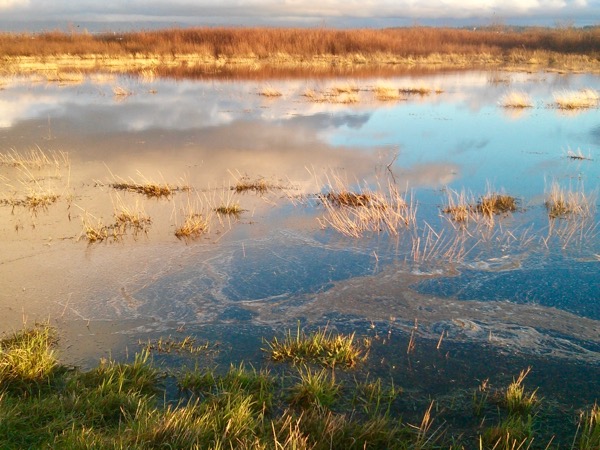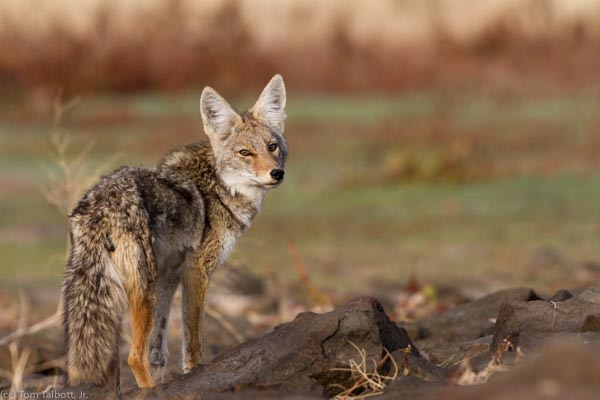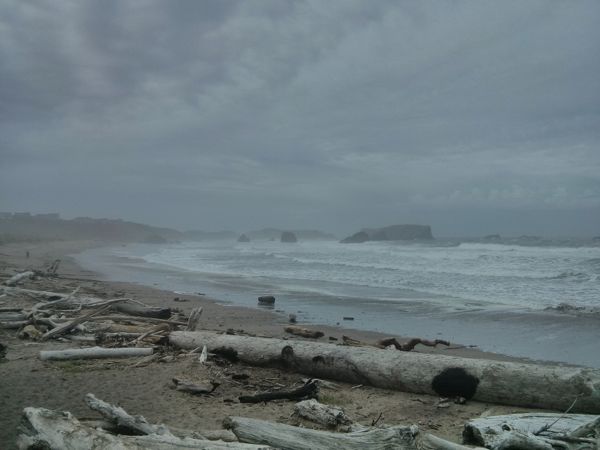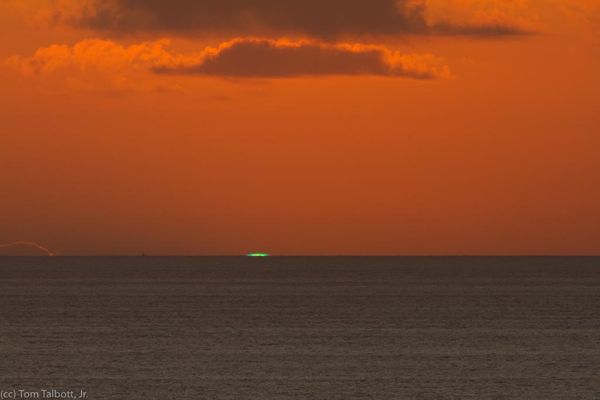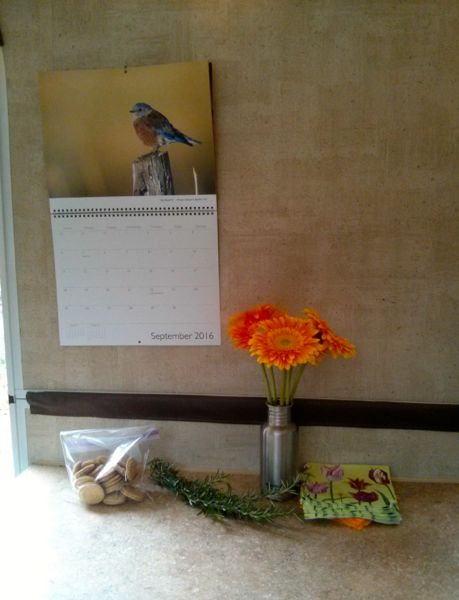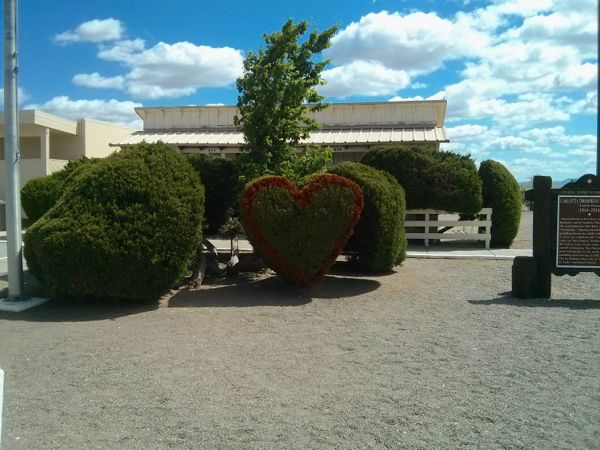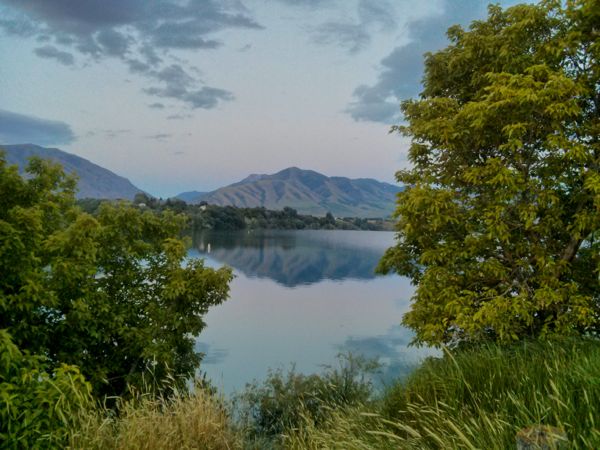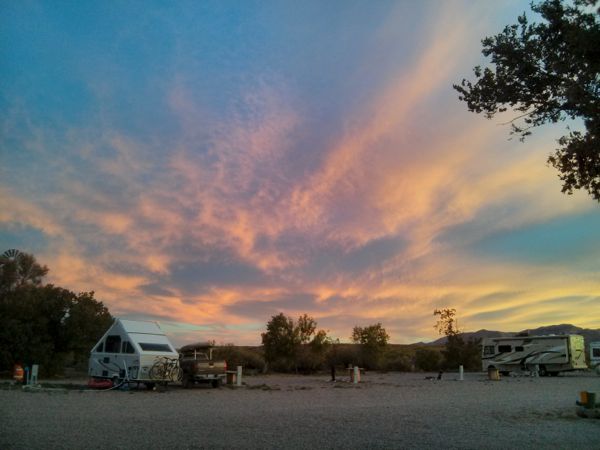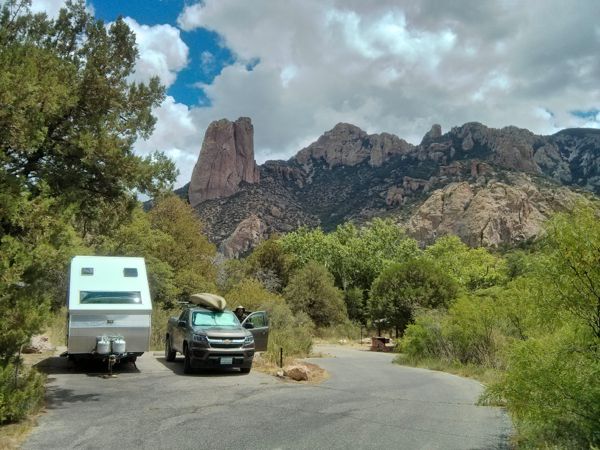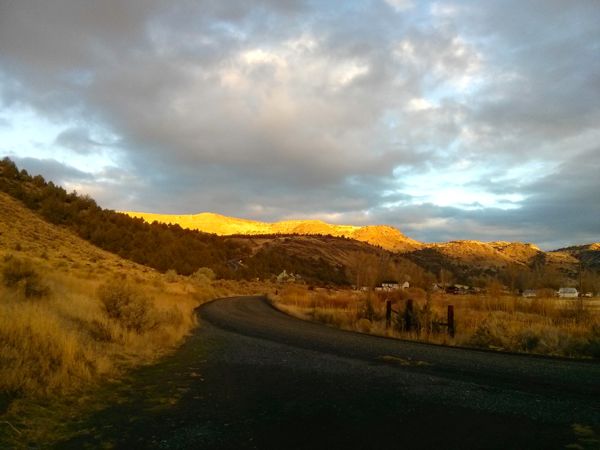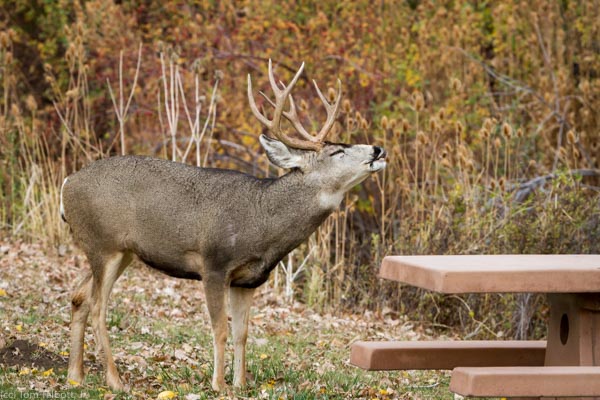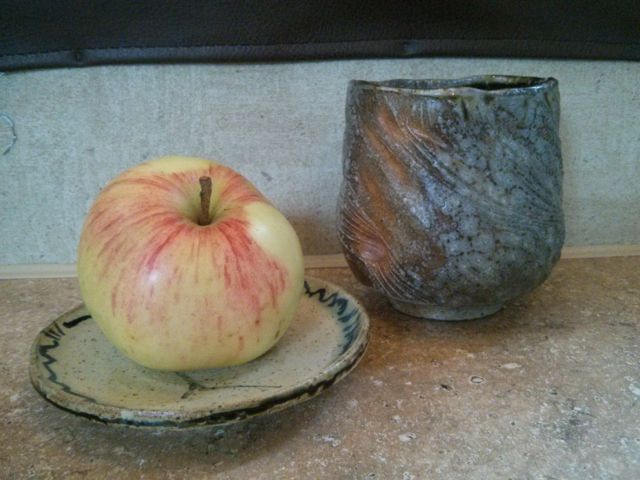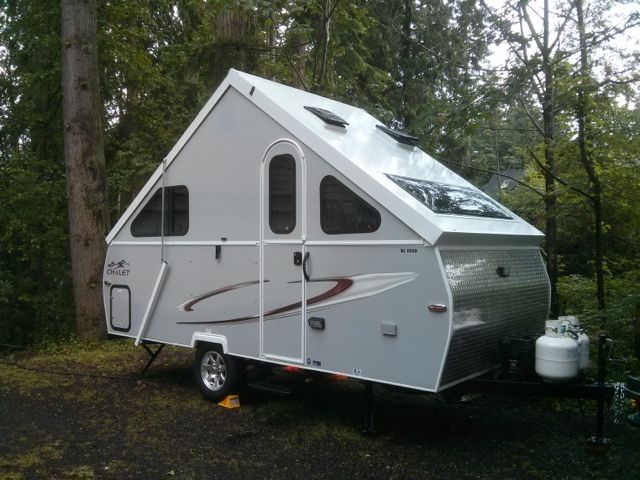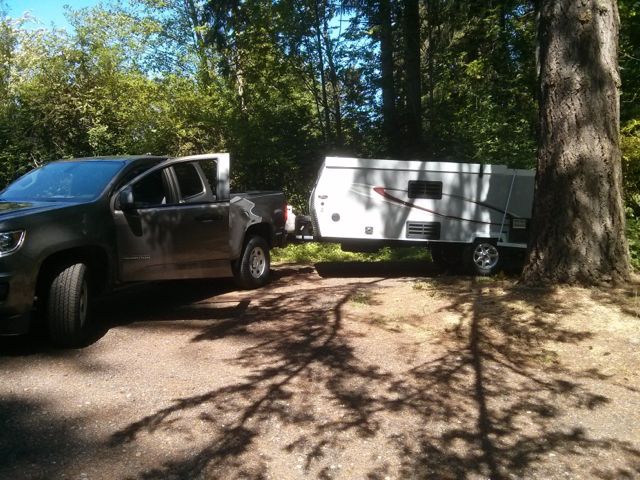On smugness
 July 18, 2018
July 18, 2018 May 13: After a morning crammed with too many tasks, I rushed through lunch, jumped in the truck to drive to the farmer’s market before it closed at 1:00, and in my hurry, tried to make a tight turn out of our campsite to take a shortcut to the park entrance and…
…ran right over our solar panel.
I still cringe when I think of that moment—that tiny bit of resistance on the tires, then an unusual crunching sound—really quite slight, actually; I could have continued driving and not known anything had happened—and then Tom’s furious shout, the sudden horror hitting me in the belly of what I think that sound may have been…then the image of the mangled metal and glass ground into the dirt, our beautiful solar panel broken beyond recognition.
In that moment of seeing the wreckage, there was no way to avoid my responsibility. Or deny the destruction. I felt shocked and furious at the pointlessness of it. What a waste! Of the solar panel itself, of our time, of our carefully made plans. To make matters worse, the solar system is Tom’s baby. He researched it, bought the pieces, and put the system together. He puts the panels out and repositions them during the day. He checks the water level in the batteries, monitors the storage levels. The freedom it gives us to travel to places without hookups is especially important to his pursuit of photography—not to mention his psyche. As I look at what is left of it, I feel sick to my stomach. I feel like I have run over his pet dog. And I can tell from his reactions that he feels that way, too.
When we have calmed down enough to hold a screwdriver and a hacksaw, we work in silence to try to salvage something out of the broken mess. Tom notices that amazingly the panel is still generating some electricity, and when we look more closely we see that only one of the two folding panels is crushed. Also, even though I drove right over the controller, when he unhooks it and rewires it to the intact panel it actually works. We hacksaw the two panels apart and remount the controller and the legs on the single functional panel. At least it is something. It won’t generate enough power to stay off grid for long, but if it is sunny, and we are careful, we can get by. Tom makes a weak, but valiant attempt at a joke. I appreciate it, but am not yet ready to laugh about this. I still feel sick to my stomach; even feel a hesitancy to get back in the truck. The farmer’s market is definitely out of the question.
**********
This is a solvable problem. I realized that where it hurt us really was not in a practical or economic place—certainly we could problem-solve a solution and we could afford another panel. Where it hurt the most—after the first shock of the wreckage—was in some kind of pride tangled up in my identity. We have been doing this for awhile now, and I was proud of our system. I was proud of the independence it gave us, its flexibility and mobility. It was compact and portable, easy to set up and store, and—as long as it was sunny—easily generated all the power we needed. I was even proud of the fact that Tom got a good deal when he bought it because the box had been damaged slightly at the warehouse.
Ultimately, this is not a very big problem, especially considering what many people in the world face daily—volcanoes, war, rising seas, loss of home or loved ones. Neither of us were hurt. Life went on with all of its daily joys and challenges. A month later it has become (mostly) a funny story.
But the pain of this was worth listening to. It was real, in that moment. And it also opened a door to reflection.
This pain was a signal that I just needed to STOP. Slow down. Find my way back to my own body. What happened was the natural outcome of being in a hurry and of being pulled in too many directions. I was already on this path when I slammed out of the trailer earlier—feeling harried and rushed and irritated at something—I don’t even remember what. This hurry is why I didn’t check the blind spot on the truck, why I cut the corner to drive the wrong way on the campground road, why I just didn’t take a moment to think.
And this pain also pointed to a certain smugness that had crept in as we got “good” at what we do. There is nothing wrong with appreciating things that work. But in my smugness I was basing my identity on them working. I had begun to forget what it is like to not have enough—whether it is electricity (or water or food or shelter) or more abstract things like safety or choice. I had forgotten the discomfort of being a beginner. My pride in our setup was stretching toward feeling superior. My smugness was separating me from other people.
Now we have half a panel with a broken leg and sawed-off hinges. We can’t generate enough power on cloudy days to keep up. This is sobering and feels like a good reminder. A reminder that resources are not unlimited, and that in the end, nothing lasts.
But most important, I think it is a reminder about gratitude, which I think is the antidote to smugness. Gratitude keeps me in the present rather than hurrying to get more. It helps me find my own calm center again. And gratitude is a way of appreciating something good without setting myself apart from others for having it. Gratitude recognizes that I can’t take good things for granted. That they come and go, and their presence is always a blessing.
In the end a broken solar panel is a small price to pay for this.
